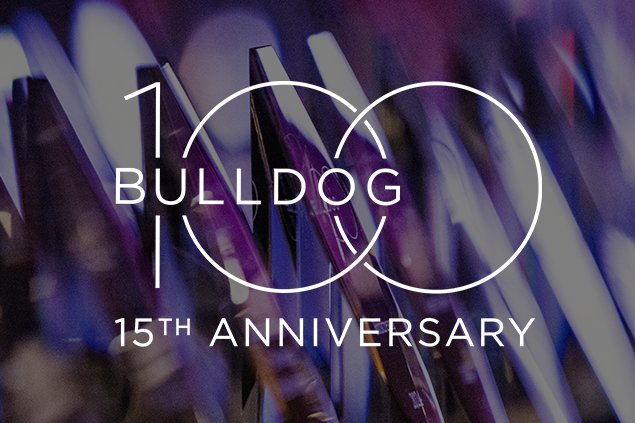The latest winners from the University of Georgia are all bulls and no dogs.
"These bulls are in the top 1 percent as compared to their breeds on the national level," said Robert Stewart, an animal scientist with the UGA Extension Service.
Stewart runs the Tifton Bull Evaluation Center. The UGA College of Agricultural and Environmental Sciences has run the test for 38 years. But this is its first year in a new Irwin County facility with space for about 100 more bulls than the old site.
Georgia farmers consigned 237 bulls to the 1995-1996 Tifton Bull Evaluation and Sale. "We offer the best of these animals for sale to improve Georgia beef genetics," Stewart said.
Cattlemen consign bulls to the program in October. Every bull gets the same feed during the test, which ends in mid-February.
Stewart and others use test results to cull the lowest- scoring third of the bulls. Farmers can buy the top bulls at a special sale when the testing ends.
This year's sale offered 146 bulls March 6 in Tifton.
By sale time, officials have records on the bulls' performance and can predict how their calves will perform in a number of key ways.
They calculate a performance index for each bull. Growers can use this number and the factors used to figure it to select bulls with the traits they need.
Stewart said farmers use all of the data to choose a bull that will complement the type of cows on his farm.
For example, if he plans to breed a bull to heifers (young cows that have never had a calf), he would want fairly small calves.
Test records would show whether a bull's calves would likely be smaller than average, so the heifers could deliver calves more easily.
Farmers used to look for the biggest bull. "But we've found that's not the best way to evaluate a bull to really improve herd genetics," Stewart said.
But the average daily weight gain is still a key figure. This year's top bull gained just over five pounds every day during the test.
"Our ADG-winning bull is owned by Lee Davis, an eighth- grade 4-H'er from Dooly County," Stewart said. "He's done an excellent job of selecting quality heifers and a bull with the genetics to complement them. The result is this young bull."
Davis' bull set an all-time average weight gain record for the Brangus breed.
The bulls are sold by their performance index, highest to least. "That doesn't show that one is overall better than another," Stewart said. "Each bull has its genetic strong points that might serve one cattle producer better than another."
Farmers always want to produce high-quality calves. But when prices are low, as they are now, it's especially important. Improving genetics with superior bulls can mean the difference between a profit and a loss.
"These bulls are producing calves that are each worth $25 to $50 more at the market," Stewart said.
There is no specific amount a farmer should pay for a bull, he said.
"But given the statistics we have on how improving herd genetics with superior bulls can increase profits," he said, "Georgia producers can't afford not to buy the best bull they can that will complement the cows they have at home."






